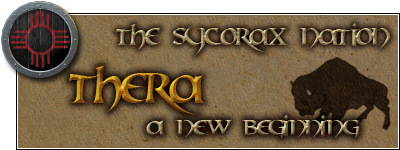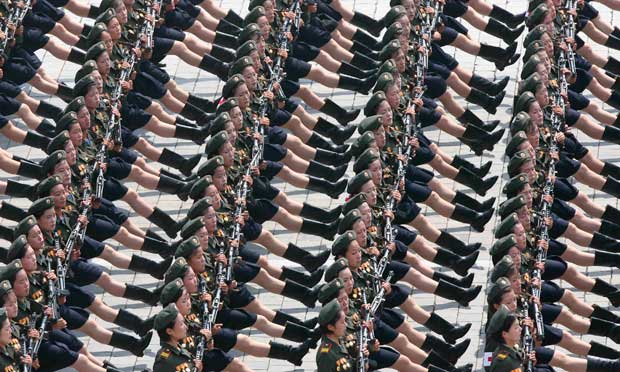I need some help on the main reasons for the fall of the Western Roman Empire for an extended research project task but my main problem is finding other reasons for the failure rather than the empire's resources being stretched to thin and attacks from 'barbarians' I presume there were other reasons if someone could make a bullet point list of them and possibly provide links to information on each of the causes. Thanks.






 Reply With Quote
Reply With Quote













